This vital program is an important business tool for savvy collision repair shop owners.
Owners and managers of collision repair shops know all too well that their job gets tougher by the day. Advancing technology surely makes driving safer, more comfortable, and more enjoyable. Advances like collision avoidance systems, automatic braking, lane departure warning systems, are all wonderful works of science that promote a safer and easier driving experience for the motoring public. However, this technology also adds a level of complexity when it comes to proper collision repair.
Furthermore, new-generation vehicles feature hybrid and even all-electric propulsion systems that bear little resemblance to their internal combustion predecessors. These vehicles contain parts, systems, and subsystems that can be head-scratchers for those more familiar with gas tanks, internal fuel pumps, engine knock sensors, and the like.
In order to survive and prosper in the collision repair business, shop owners must assure that their technicians receive current and on-going training in order to properly repair today’s Nissans and other vehicles. This goes more than skin deep, since cosmetics are only the outward appearance of what must be properly repaired vehicles.
Nissan has a long-standing commitment to supporting the independent service sector, on the collision side as well as with mechanical repairs. In fact, today’s auto body shops must perform both roles, since they must analyze, diagnose, and repair mechanical components and systems, usually involving electronics as well as sheet metal.
That is exactly why Nissan has teamed up with, and enthusiastically supported, I-CAR®. As pretty much everybody in the auto body repair business knows, I-CAR, which stands for the Inter-Industry Conference on Auto Collision Repair®. I-CAR was founded nearly forty years ago with the objective of bringing together all interested parties to provide a focal point for promoting training and enhancing skills in all aspects of the collision repair business.
Nissan is a long-time supporter of I-CAR’s programs and activities. Currently, Nissan supports the I-CAR Gold Shop requirement, as well as provides brand-specific training through I-CAR’s website.
Certainly Nissan always wants their cars to be repaired properly the first time, whether the vehicle is serviced at a dealer-owned or Independent Nissan Collision Center. Ongoing customer satisfaction is a top priority for Nissan, and vital for customer loyalty when it comes time for them to go car shopping again.
Supporting independent shops is also important in encouraging those shops to buy their replacement parts from an authorized Nissan dealership parts department in order to preserve Nissan quality and integrity.
Which brings us to the Nissan Certified Collision Center program.
Nissan now invites and encourages independent auto body repair shops to become part of the Nissan Certified Collision Repair Network. This program is an important business tool that carries many benefits, the two most prominent of which are to help the body shop enhance improved profitability with faster, higher quality, and more accurate repairs, and also by helping the shop draw in more Nissan repair work.
And there are other benefits as well. A shop with this credential will attract and retain the best technicians, build customer satisfaction, and strengthen the shop’s marketing programs.
At the core of the Nissan CCRN program is technical training, which is the foundation on which all business success is built. And the very first and key requirement for a shop to become certified is for the shop to have first achieved I-CAR Gold Class status. This involves having shop employees complete certain training milestones in four disciplines — Estimating; Non-Structural Repairs; Structural Repairs: and Refinishing. In order to achieve Gold Class status a shop must have at least one employee achieve Platinum status in each of these four disciplines.
But it goes much further than that. All other employees of the shop must meet certain standards for training and continuing education.
Nissan, of course, offers to independent shops and their employees a wide variety of training programs and materials that meet and exceed the standards set down by the I-CAR Gold Class program. In fact, Nissan offers scores, perhaps hundreds, of individual training modules, available as classroom materials, e-Learning modules, and training videos. These various training materials cover nearly every topic imaginable, from sunroof and convertible top diagnosis and repair to climate control systems to CVT propulsion systems to NVH issues. A comprehensive summary of these training materials is available at nissan-techinfo.com.
Interesting to note that Nissan makes all of these training materials available to any shop owner or technician who would like to participate, regardless whether or not they choose to pursue Nissan Collision Center certification. This is a service offered to those in the independent repair sector, and is intended to help independent repair technicians achieve a high level of expertise in repairing Nissan vehicles. It represents just one of many ways Nissan helps independent repair shops enhance their efficiency, productivity, accuracy in diagnosis, repair, and profitability.
As noted above, I-CAR Gold status requires training in four specific disciplines — Estimating; Non-Structural Repairs; Structural Repairs: and Refinishing. However, Nissan’s standards are even higher, with the recommendation that shops seeking Nissan Certified Collision status also have employees who have also completed I-CAR training in Steel Structural repairs, Production Management, and Electrical/Mechanical repair.
Furthermore, Nissan’s Certified Collision Center program requires the completion of two Nissan-specific training courses — Nissan Repair Considerations (NI002E01) and Nissan Safety Shield Technologies (NI001E01). These comprehensive on-line programs supplement the I-CAR training materials, and afford the independent repair shop technician Nissan-specific instruction and guidance for understanding, diagnosing, and repairing a wide variety of systems and components in many Nissan vehicles that are likely to appear in independent repair shops.
Nissan Repair Considerations (NI002E01) is a course that meets I-CAR New Technology training requirements for many of the roles in auto body and collision shops, and also is an Annual Training option for other roles. This course consists of four separate modules that cover all popular Nissan models plus Nissan specialty vehicles like the GT-R and the Nissan LEAF.
Specifically, here are the four modules that comprise this course:
Module 1 details the various Nissan vehicles produced during the 2016-2017 model years, and explains many of the technical and safety systems in these vehicles.
Module 2 explains the details, requirements and benefits of the Nissan Certified Collision Center program. It explains how the technician can access and navigate various Nissan web sites and publications. It also directs the participant to resources relating to welding, frame construction, sectioning, and pre- and post-scan recommendations.
Module 3 provides extensive details on collision-related repairs to those Nissan vehicles which require specific repair techniques, tools, and procedures. Included are the 2017 Titan XD, Armada, LEAF, and GT-R.
Module 4 is particularly interesting, and deals with the diagnosis and repair of Nissan hybrid vehicles. As the popularity and acceptance of hybrid vehicles grow, more and more of these vehicles will find their way into auto body shops. It is important for collision repair technicians to understand the technologies incorporated into these vehicles so that they can be repaired safely in the shop, and can be returned to their full, original structural and safety-related integrity and appearance.
Completion of this course and its four modules will provide the technician with an understanding of the Nissan vehicle line-up, along with the structures, materials, and repair considerations for these vehicles, particularly as they pertain to collision repair technicians. In addition, this course will help the technician understand unique features and repair characteristics of popular Nissan models that will improve customer satisfaction and prevent unwanted come-backs.
This course also delves into unique repair considerations for Nissan’s specialty vehicles, including the Titan, GT-R, and LEAF. And, finally, this course will bring to the technician a new and full appreciation for the content and value of the Nissan Certified Collision Center program.
The second Nissan-specific course required for Nissan CCRN certification is Nissan Safety Shield Technologies (NI001E01). Like the previously-described program, this course is offered on-line and, like the previously-discussed course, meets New Technology and Annual Training standards as established by I-CAR.
Like its predecessor, this course likewise consists of training modules. The first of these three modules explains Nissan’s innovative Safety Shield Technologies, including an explanation of how these systems work, and the components and technologies involved. It also addresses monitoring and protection recommendations, along with service and repair information.
The second module in this Safety Shield course deals specifically with Collision Prevention Systems. These systems use a combination of Intelligent Cruise Control, Predictive Forward Collision Warning, Lane Departure Warning, Blind Spot Warning, Around View Monitor and Forward Emergency Braking.
This module is particularly helpful to collision repair technicians. It explains how to determine exactly which of these individual systems is installed in a particular vehicle, and it explains the function and inter-relationship of the components of individual systems. It also includes important and helpful information regarding the calibration and/or aiming of sensors and other components following collision repair.
The third module in this course deals specifically with occupant protection and the various passenger restraint systems used in Nissan vehicles, collectively known as the Supplemental Restraint System, and referred to as SRS. The primary focus of this module is on the air bag systems fitted to Nissan vehicles. Topics covered include inspection, diagnosis, and replacement of SRS components. It also emphasizes the importance of not installing used air bag components from salvage vehicles, which may be incompatible, unreliable, or completely inoperative.
This third module also covers other systems that comprise the Supplemental Restraint System, including seat belts and pre-tensioners, including Nissan’s LATCH system, active head restraints, pop-up roll bars, and more.
So with all of this having been explained in detail, you’re probably asking yourself, “How do I become part of the Nissan Certified Collision Center program?â€
The Nissan CCRN program is an exclusive one, available to high-quality shops that meet a variety of standards for training, shop equipment, customer service, and adhere to the very highest business standards for excellence and ethics.
At the heart of the Nissan CCRN program is the requirement that shops applying for this certification must have been in business for at least five years and meet I-CAR Gold Class requirements. Other prerequisites include having certain shop equipment and capabilities, such as an electronic three-dimensional vehicle measuring system and a current data subscription for this system. Other equipment required includes specific types of welding equipment and capabilities, current-technology air conditioning service and recovery bench, and a documented Quality Assurance/Quality Control program.
Those shops that achieve Nissan CCRN certification receive a host of benefits, including marketing support, dataManager, Smartphone apps, signage and branding and, perhaps most important of all, listing on multiple on-line collision shop locators, linked directly to your own micro-site. This is especially valuable since Nissan marketing efforts produce more than two million customer referrals each month.
And Nissan also believes strongly that it is obliged to support shops that may not meet these stringent standards. To that end, Nissan offers its Business Improvement Program (BIP), which is designed to help auto body and collision shops achieve top performance metrics in the business disciplines that matter most.
Many more details, along with an application for the Nissan CCRN certification, can be found at GetNissanCertified.com. Details on I-CAR can be found at I-CAR.com.
Â

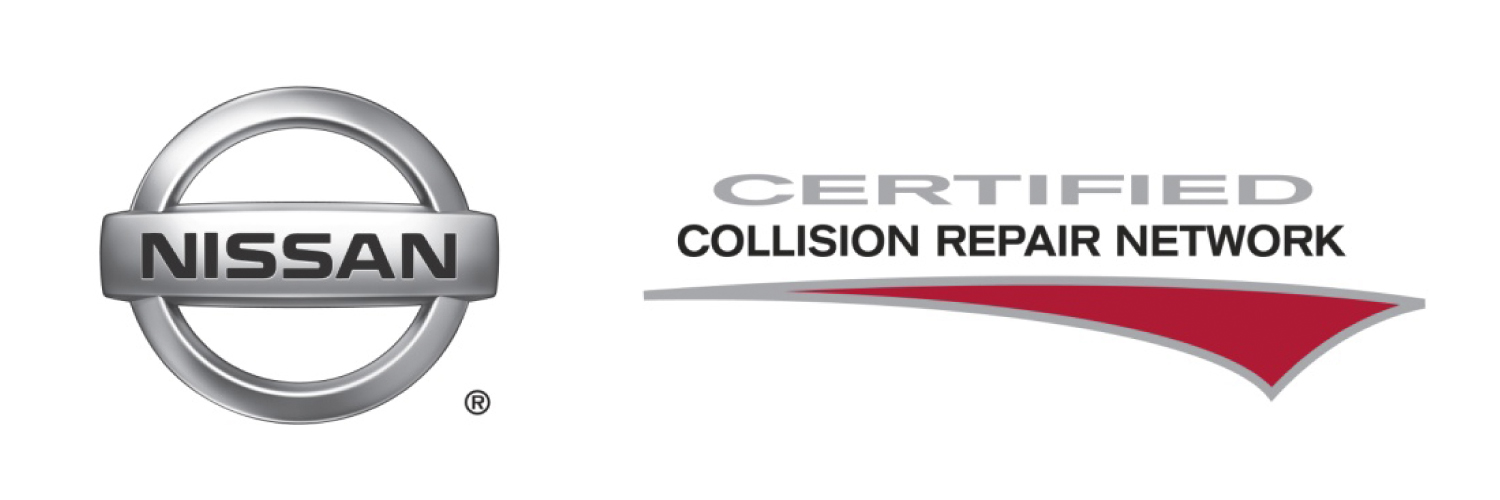
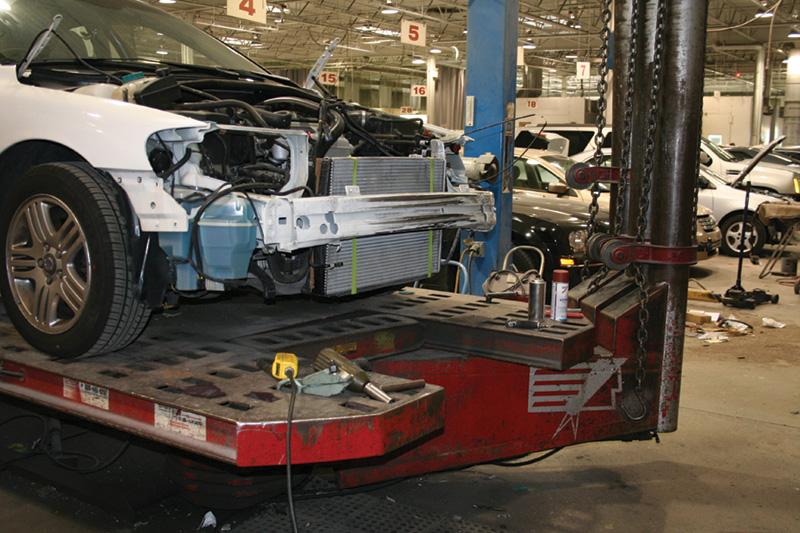
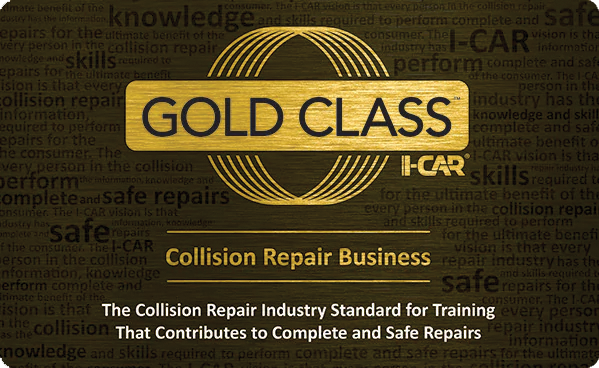
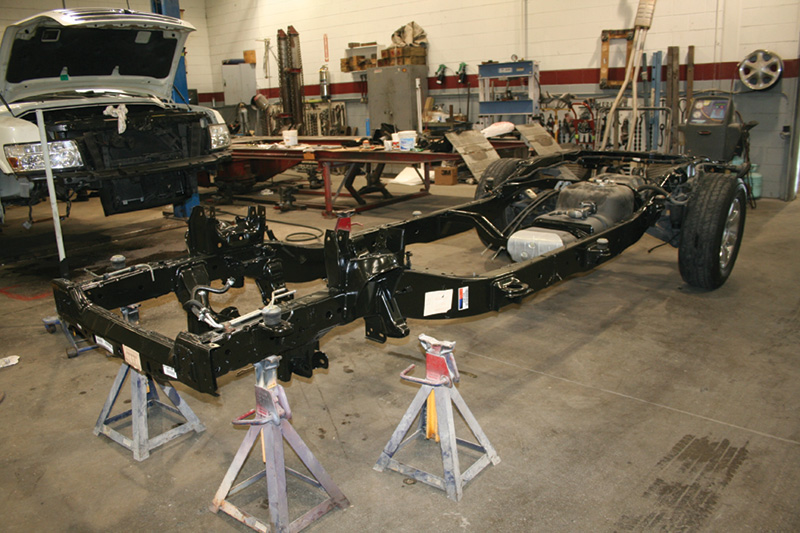
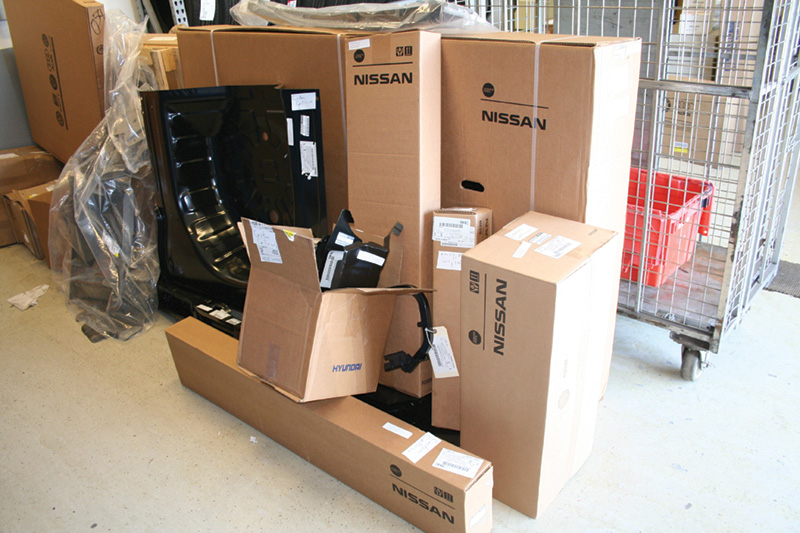
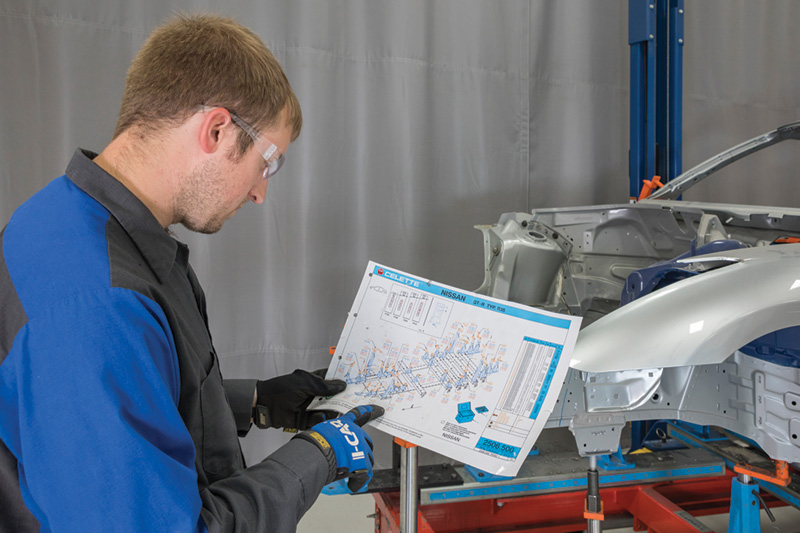
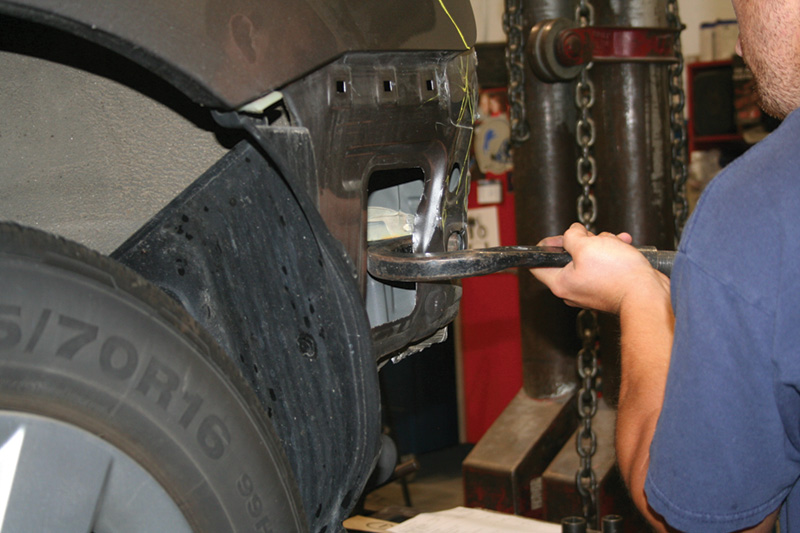
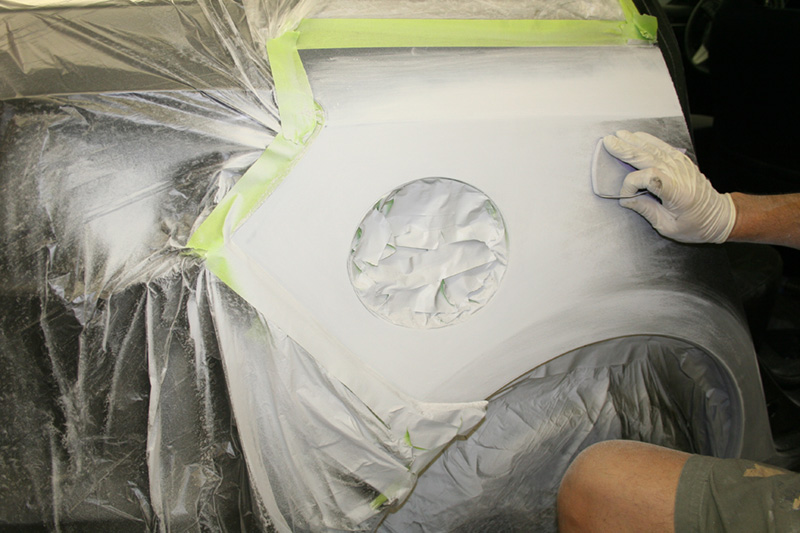
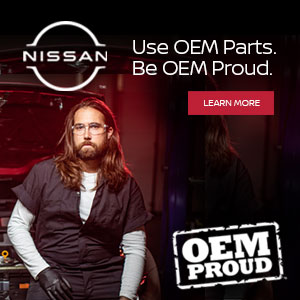
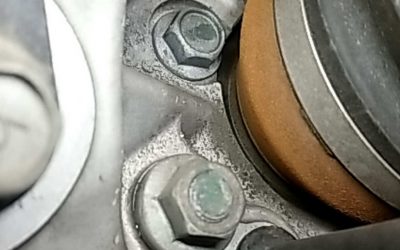
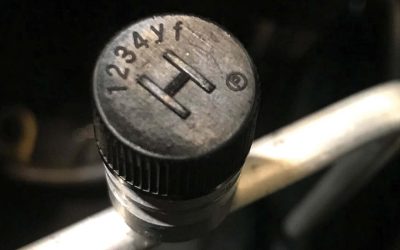
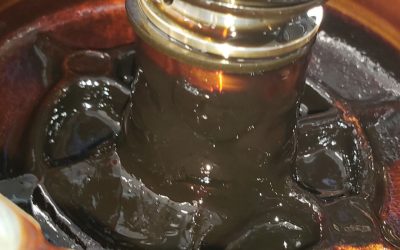
0 Comments